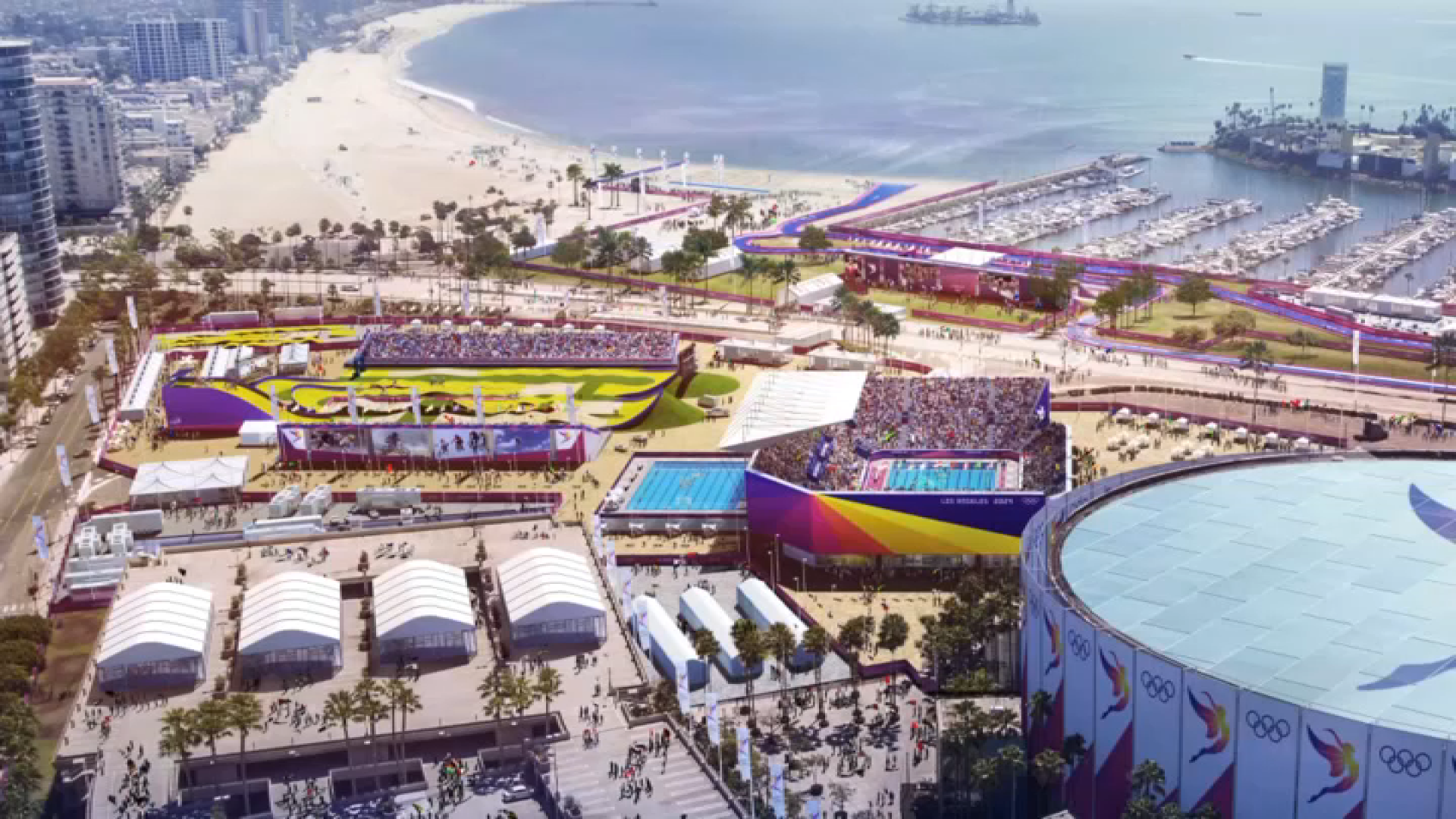Five years ago, Los Angeles officials unveiled the "28 for 28" initiative, a plan to complete 28 transit projects in time for the 2028 Summer Olympics.
However, the I-Team has discovered that some of these projects are significantly delayed and may not be finished by the time the Games begin.
The state of the transit system
The I-Team explored the current status of the projects and the potential implications.
Get top local stories in Southern California delivered to you every morning. >Sign up for NBC LA's News Headlines newsletter.
The Los Angeles County Metropolitan Transportation Authority, or Metro, is the agency leading the initiatives, and it has completed some of the early steps on the long-term plan.
At a site visit with Marcel Porras, deputy chief innovation officer for Metro, NBCLA observed one of the new regional connector stations, which is designed to connect various parts of Los Angeles County more efficiently.
The connector, completed last year, is part of the effort to reduce car dependency and expand mass transit options. For instance, it allows travel from Santa Monica to East LA without requiring a transfer.
Project progress and challenges
But according to Metro’s latest report, of the original 28 projects, only three have been completed. Seven are currently under construction, while ten are expected to be finished after 2028.
When asked about the potential impact of these delays on the overall timeline, Porras acknowledged the issue but expressed confidence in the team’s ability to overcome these challenges.
"There has been a reset and readjustment of projects, and we are working with regional partners and the federal government for additional support," Porras said. He also noted a funding gap of hundreds of millions of dollars but remained optimistic about finding solutions.
Funding and financial concerns
LA County Supervisor Kathryn Barger, who is a member of Metro’s financial committee, expressed concern about the rising costs and their impact on project timelines. However, she said that there would be no additional taxes on county residents. Instead, officials will focus on efficient use of existing funds and resources.
Regarding safety, which has garnered negative headlines in recent months after several incidents of violence against riders, Barger said Metro is addressing concerns with increased security measures, although a planned Metro police force may not be operational by 2028.
In the interim, local, state and federal law enforcement are being relied on to handle policing of the system, and will be responsible during the Olympics.
Looking ahead
Despite the delays, both Porras and Barger are hopeful that the transit system improvements will eventually meet the needs of the city and its residents.
Porras indicated that new stations will begin opening in 2025 with further progress expected in the coming years.
As the city works toward its transportation goals, officials and residents alike will be watching closely to see if the planned improvements can be completed in time for the 2028 Summer Olympics.



